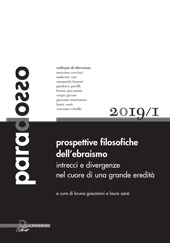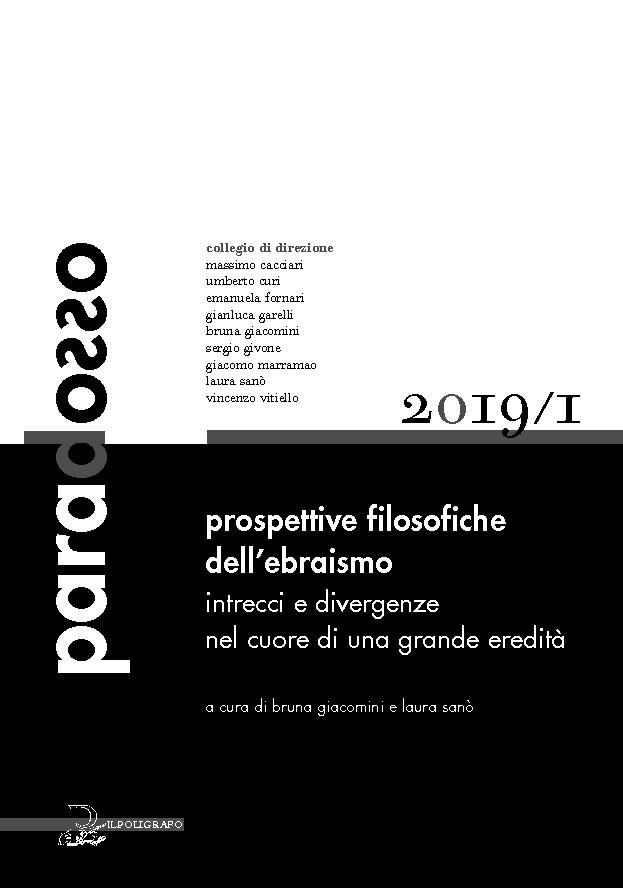Le poème, le juif, le lieu : Emmanuel Levinas lecteur de Paul Celan
P. 95-104
Many thinkers after 1945 reverse the inimical view of the homeless Jewish people and propagate the "wandering Jew" as the embodiment of a universally valid alternative, and even counterforce, to all ideologies of "blood and soil". This attitude raises fundamental questions: how can one present Jewish exile as positive condition of extraterritoriality, in light of the history of the Jewish plight, which includes a long and bloody history of suffering partly due to the lack of a "proper place"? How does one prevent the consciousness of this negative aspect of exile from again becoming a dangerous desire for rootedness in the soil? Moreover, how can one formulate a universal concept while referring to a particular, concrete, historical instance? Above all, in the context of poetry, how can one render justice to the Jewish attachment to the word and to the book – to having no other home than the letter – without idealizing this attribution to the point of forgetting the precarious state of this substitute?
This reading of Emmanuel Lévinas's text on Paul Celan attempts to show that the use of poetic language enables both the philosopher and the poet to address these paradoxes. They think exile as the ethical refusal to anchor oneself in the soil, without, at the same time, negating the vulnerability of such a state. They both conceive the exemplary association of Jewishness and exile while maintaining both its particular and its general dimension, its concrete history and its meaning as a universal predicament. Finally, they convey the vitality of the idea of Jewish dwelling in the word and the letter, but in such a way that the vulnerability of this substitution as well as a hope borne from the contesting force of the poetic act remain perceptible. [Publisher's text]
Fait partie de
Paradosso : rivista di filosofia : 1, 2019-
Articles du même numéro (disponibles individuellement)
-
Informations



